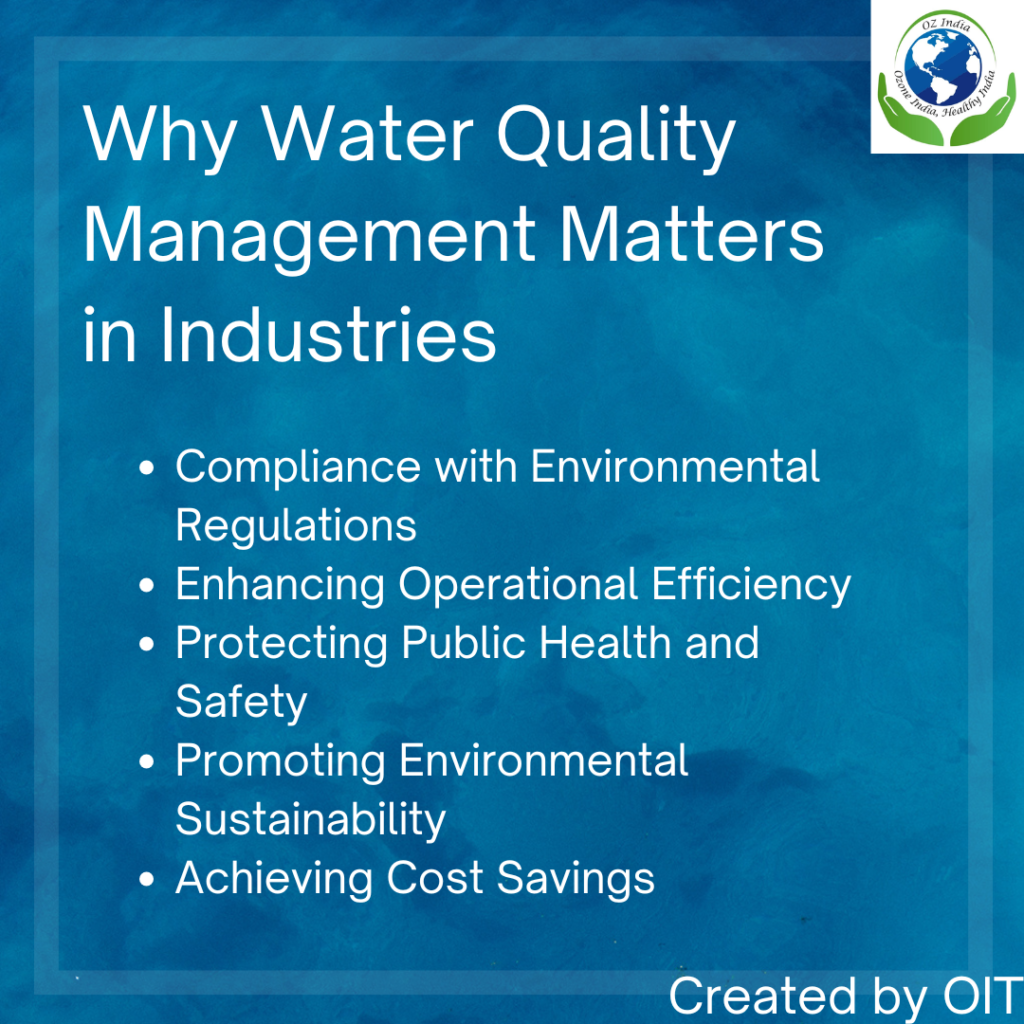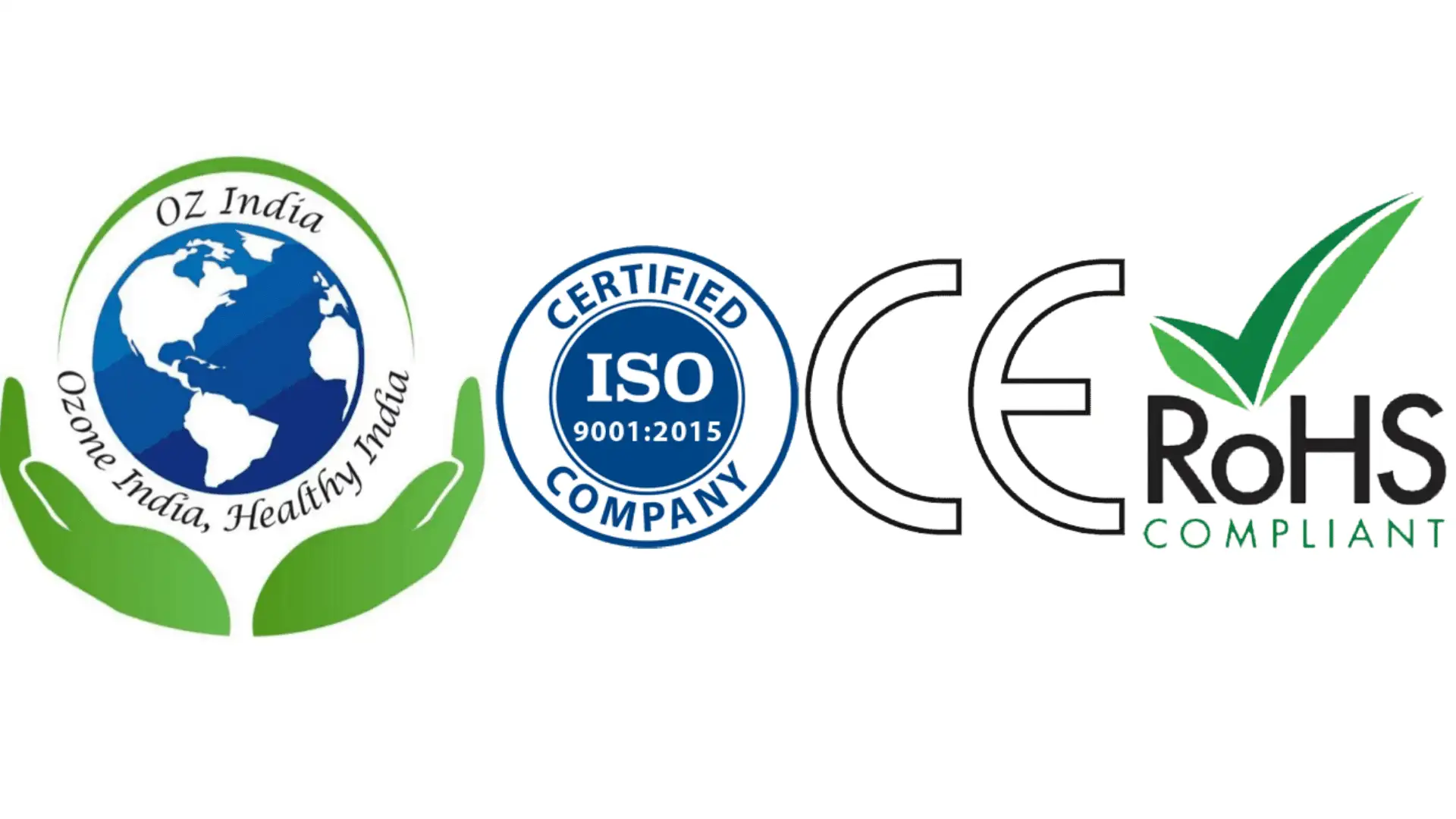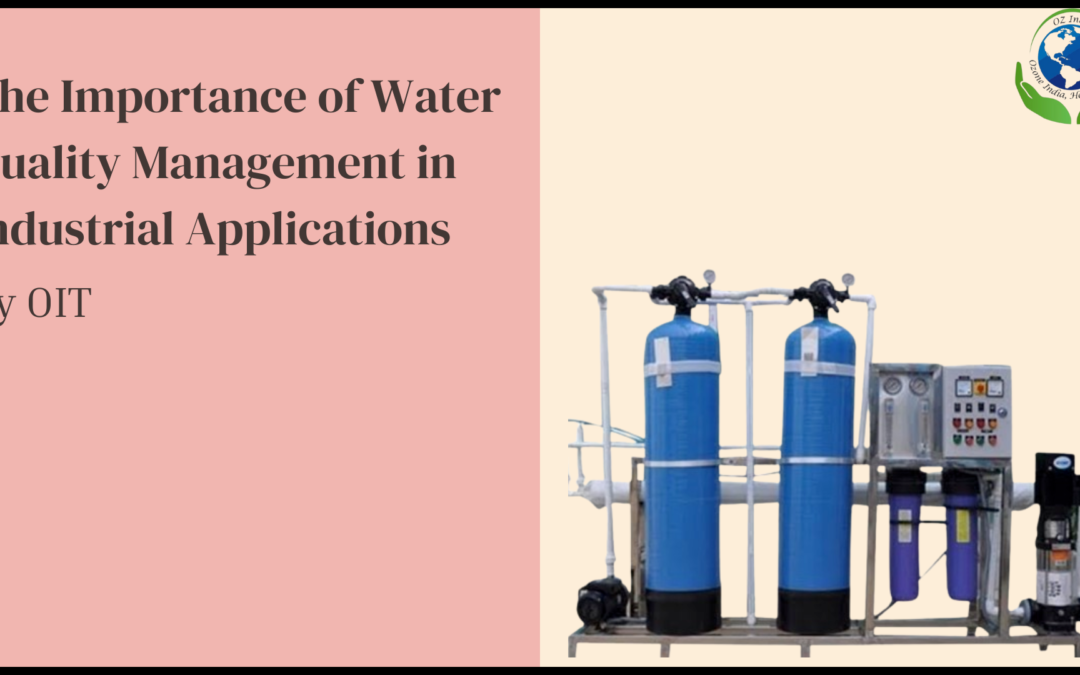Water is an essential resource across various industries, serving critical roles in production processes, cooling systems, and sanitation operations. As global demands for clean and safe water continue to rise, effective Water Quality Management (WQM) has become increasingly important in industrial applications. This article explores the significance of water quality management, its implications for businesses, the technologies involved, and best practices for maintaining optimal water quality.
What is Water Quality Management?
Water Quality Management involves monitoring, controlling, and improving the quality of water utilized in different industrial applications. This includes assessing physical, chemical, and biological properties to ensure compliance with specific standards and regulations. Effective WQM is vital in preventing waterborne diseases, protecting aquatic ecosystems, and promoting sustainable industrial practices.
Why Water Quality Management Matters in Industries
1. Compliance with Environmental Regulations
Industries face stringent regulations regarding water quality, set by regulatory bodies such as the Environmental Protection Agency (EPA) and local government authorities. These regulations establish limits on contaminants to protect public health and the environment. Non-compliance can result in significant penalties, including fines and legal actions. Implementing effective water quality management systems helps industries consistently meet these standards, mitigating the risk of regulatory issues.
2. Enhancing Operational Efficiency
The quality of water directly impacts industrial processes. Poor-quality water can lead to equipment corrosion, scaling, and fouling, resulting in costly downtime and increased maintenance. For instance, in cooling systems, impurities can impede heat transfer, causing inefficiencies. By employing robust water quality management practices, industries can ensure consistent water quality, optimizing operations and reducing costs.
3. Protecting Public Health and Safety
In sectors such as food and beverage, pharmaceuticals, swimming pools, and healthcare, water quality is crucial for product safety and regulatory compliance. Contaminated water can lead to foodborne illnesses, product recalls, and significant legal liabilities. Effective WQM safeguards public health, ensuring products meet safety standards and maintaining consumer trust.
4. Promoting Environmental Sustainability
Industries significantly impact local water bodies through discharge and runoff. Poor water quality management can lead to pollution, harming aquatic ecosystems and biodiversity. By implementing effective WQM practices, industries not only comply with environmental regulations but also contribute to the preservation of natural water resources. Sustainable practices, such as water recycling and treatment, help minimize the environmental footprint of industrial operations.
5. Achieving Cost Savings
Investing in water quality management can lead to substantial cost savings for industries. By preventing equipment damage, reducing treatment costs, and avoiding regulatory fines, companies can realize significant financial benefits. Furthermore, adopting water-saving technologies and practices can lower overall water consumption, resulting in reduced utility bills and resource conservation.

Key Technologies in Water Quality Management
1. Water Treatment Technologies
Various water treatment technologies are utilized to ensure high-quality water in industrial applications:
- Filtration Systems: These physical barriers remove suspended solids and impurities. Types of filters, such as sand, cartridge, and membrane filters, are chosen based on specific requirements.
- Chemical Treatment: This involves adding chemicals like coagulants and flocculants to improve water quality through sedimentation or precipitation.
- Reverse Osmosis (RO): A membrane filtration process that eliminates dissolved solids, organic compounds, and pathogens, ensuring high-quality output.
- Ultraviolet (UV) Disinfection: This method uses UV light to kill or inactivate microorganisms, ensuring safe water for industrial use.
- Ozonation: Utilizing ozone as a powerful oxidant to disinfect water and remove organic contaminants, providing an effective alternative to traditional chlorine methods.
2. Monitoring and Control Systems
Advanced monitoring and control systems play a critical role in water quality management. These technologies enable real-time data collection and analysis, allowing industries to continuously monitor water quality parameters. Key components include:
- Sensors: Devices that measure various water quality parameters, such as pH, turbidity, temperature, dissolved oxygen, and conductivity.
- Data Management Software: Systems that aggregate and analyze data from multiple sensors, providing insights into water quality trends and enabling proactive management.
- Automated Control Systems: Technologies that allow for automated adjustments to water treatment processes based on real-time data, optimizing operations and maintaining desired water quality levels.
3. Wastewater Treatment Technologies
Effective wastewater management is essential for minimizing environmental impact. Common wastewater treatment technologies include:
- Biological Treatment: Processes that use microorganisms to break down organic matter in wastewater, including aerobic and anaerobic methods.
- Advanced Oxidation Processes (AOPs): Techniques that generate highly reactive species to degrade organic pollutants in wastewater.
- Constructed Wetlands: Engineered systems that mimic natural wetlands to treat wastewater through physical, chemical, and biological processes.
Best Practices for Maintaining Optimal Water Quality
1. Regular Water Quality Assessments
Regular water quality assessments are essential for identifying potential issues and ensuring compliance with regulations. Industries should establish a routine monitoring program that includes:
- Sampling and testing water at various stages of the treatment process.
- Analyzing water quality parameters against regulatory limits and industry standards.
- Maintaining detailed records of water quality assessments for compliance and operational review.
2. Implementing Preventive Maintenance Programs
Preventive maintenance is crucial for ensuring water treatment systems and equipment operate effectively. Industries should establish maintenance schedules that include:
- Routine inspections and servicing of treatment equipment.
- Cleaning and replacement of filters and membranes as necessary.
- Calibration of monitoring sensors to ensure accurate readings.
3. Investing in Employee Training and Education
Well-trained staff are essential for effective water quality management. Companies should invest in training programs covering:
- Water quality standards and regulations.
- Proper operation and maintenance of water treatment systems.
- Emergency response procedures for water quality incidents.
4. Embracing Technological Innovations
Staying updated with advancements in water quality management technologies can provide industries with a competitive edge. Companies should regularly assess new technologies and consider integrating:
- IoT devices for real-time monitoring and data collection.
- Advanced data analytics for predictive modeling and decision-making.
- Automation systems to enhance operational efficiency.
5. Fostering Collaboration and Knowledge Sharing
Collaboration among industry stakeholders, regulatory bodies, and technology providers can lead to improved water quality management practices. Industries should:
- Participate in industry associations and forums to share best practices and experiences.
- Engage with technology providers to stay informed about the latest innovations in water treatment and monitoring.
Conclusion
Water Quality Management is a critical component of industrial operations, influencing compliance, efficiency, public health, and environmental sustainability. As industries face increasing pressure to manage their water resources effectively, investing in robust water quality management practices and technologies will be essential for long-term success. By prioritizing water quality, businesses can enhance operational efficiency, reduce costs, and contribute to the preservation of vital water resources, ultimately benefiting both their operations and the environment.
In today’s world of heightened environmental awareness and regulatory scrutiny, effective water quality management is not just a necessity; it is a responsibility that industries must embrace to ensure a sustainable future. By adopting best practices in water quality management, industries can safeguard public health, protect the environment, and achieve operational excellence.

